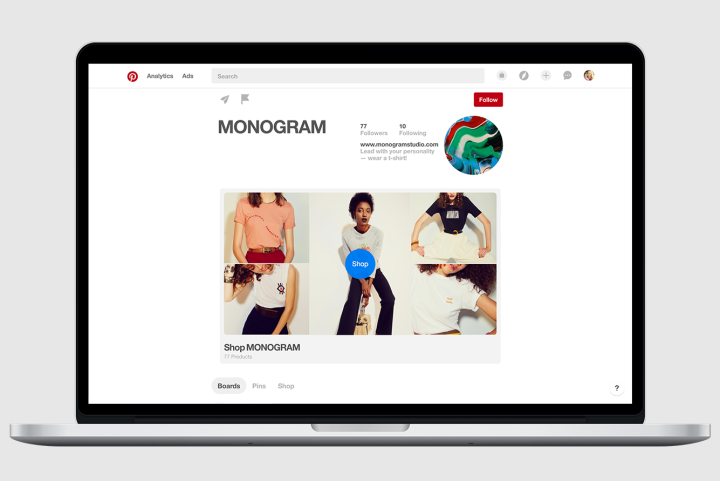
The plug-in now comes bundled with the platform’s visual search tool, essentially allowing users to scan online images to find similar items. Best of all, the entire AI-powered process will take place on the site you’re on, meaning you don’t have to leave the web page you’re browsing to find related ideas and products.
Building upon its visual search tools, Pinterest added more complex object-recognition to create its visual discovery system. The tech doesn’t just recognize what’s in an image, but provides a diverse set of results by tapping into the 100 billion ideas housed on the platform. For example, if you take a photo of a blueberry, it will offer recipes that include the fruit, beauty ideas, and tips for growing your own blueberries.
The machine learning system currently powers recommendation and ecommerce features on the platform, including Instant Ideas and Shop the Look. It is also an integral part of Pinterest Lens (currently in beta), which lets users snap photos of objects to find similar items.

Users can access visual search for the web by downloading the Pinterest browser plug-in for Chrome. Once it’s installed, you’ll notice both the previously available save button and the new magnifying glass icon that indicates the discovery tool when you hover over an image online — clicking it will surface related items and ideas. You can also zoom in, as you would with visual search on Pinterest, to pinpoint specific objects, products, patterns or colors in the image. Additionally, to search for items pertaining to the entire web page, just right-click the background and choose “search.”
Aside from its benefits for users, expanding the tool’s reach could also help improve the machine learning system itself. The deep learning AI requires more data to help it to recognize and contextualize a wider array of images. Whereas Pinterest users have been using the tech to scan photos and objects on the site since late 2015, setting it loose on the entirety of the web will only boost its capabilities.
Pinterest visual search for the web is now available to Chrome users globally. The company promises to bring the update to its plug-ins for other browsers soon.
